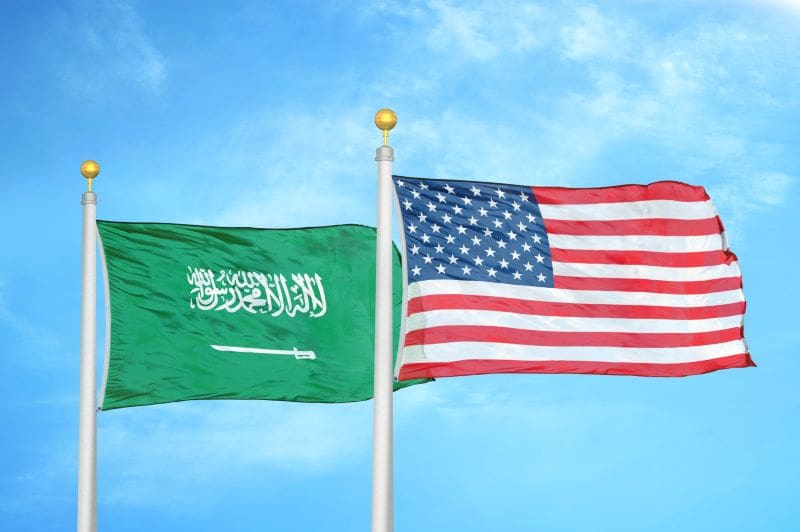Saudi Arabia’s decision to reduce its oil supply has played a significant role in firming oil prices globally, and it has been in direct conflict with the wishes of President Joe Biden.
Biden has publicly stated – some even considered it a demand – that oil supplies should increase in an effort to soften prices. He even went to Saudi Arabia, a long-standing friend of the U.S. and a leading oil producing country, last year to make his case for lower oil prices.
However, his trip was a dismal failure and relations between the two countries continue to erode.
Saudi Arabia decreased – not increased – oil production twice this year: once in the spring for 1.6 million barrels per day and another 1 million barrels per day in the summer.
The disagreement over oil production is just one aspect of the changes in the relationship between the United States and Saudi Arabia.
Saudi Arabia and Russia have become allies in the energy game, which is another sticking point in Washington because of Russia’s invasion of Ukraine and the support of Ukraine from the U.S.
Throw in the agreement between Saudi Arabia and Iran to resume diplomatic relations (there has been strong disagreement between the two countries) at the urging of China.
Also, Saudi Arabia and China’s relationship became stronger this year with the announcement that China will import larger amounts of petroleum from Saudi Arabia.
Additionally, Saudi Arabia has been invited to join BRICS – an organization headed by Brazil, Russia, India, China and South Africa – and it has indicated that it will join with six other countries after the first of the year. A key goal of some of the members, especially Russia and China, is to weaken the financial strength of the U.S. by replacing the dollar as the international currency to buy and sell crude oil. Saudi Arabia has been using the Yuan.
Fireworks erupted recently when the International Energy Agency, a group of countries that primarily are net importers of crude oil and natural gas (U.K., Spain, Germany, U.S., and others), claimed fossil fuels production will peak before 2030. Saudi Arabia called the prediction “irresponsible”, and said the statement was designed to scare away future investment in fossil fuel development.
The Biden administration’s action toward the nation’s closest and strongest ally in the Middle East has allowed Russia and China to become a close business partner. Mending this fence will take time, effort, and money.
Alex Mills is the former President of the Texas Alliance of Energy Producers.
Alex Mills is the former President of the Texas Alliance of Energy Producers. The Alliance is the largest state oil and gas associations in the nation with more than 3,000 members in 305 cities and 28 states.





